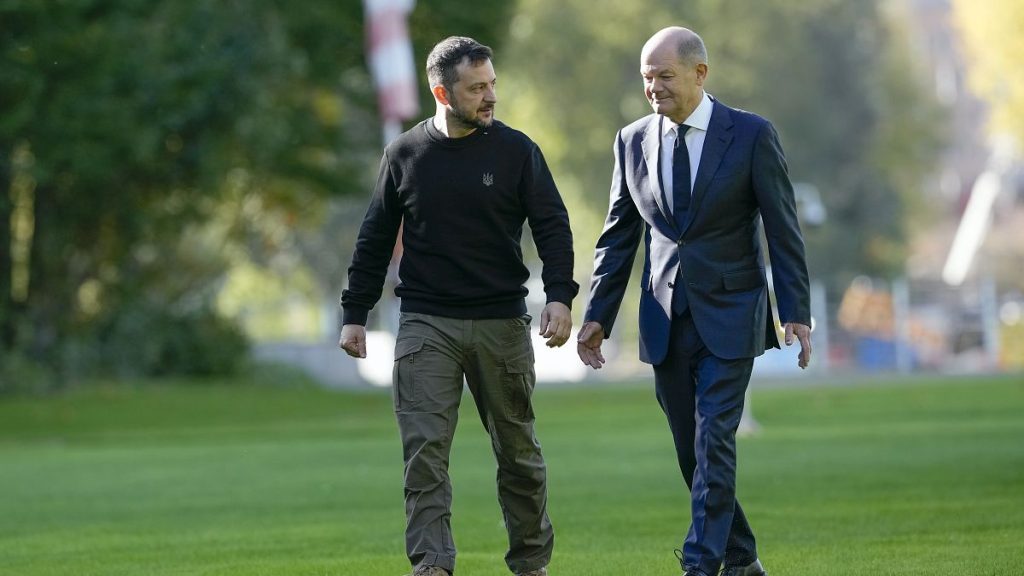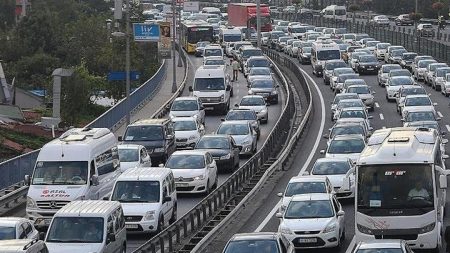Ukrainian President Zelenskyy recently concluded his European tour with a meeting in Berlin with German Chancellor Olaf Scholz. During the tour, Zelenskyy also met with UK Prime Minister Keir Starmer, French President Emmanuel Macron, and Italian PM Giorgia Meloni. Zelenskyy presented his peace plan during these meetings, aiming to end the war in 2025. Scholz promised further aid packages to Ukraine, including new air defense systems, weapons, and a military aid package worth €1.4 billion. Additionally, €170 million has been allocated for Ukraine’s energy system.
The meeting between Zelenskyy and US President Biden, along with other NATO members, was postponed due to President Biden’s need to stay in the US during the hurricane Milton. Experts suggest that Ukraine may be nervous ahead of the US election, as a visit from Biden may not be as impactful with the end of his presidency nearing. With the polls showing a close race between Trump and Harris, there is concern that support for Ukraine could diminish if Trump wins. The timing of Ukraine’s potential NATO membership and which territories would be included could depend heavily on the outcome of the US election.
The uncertainty surrounding the outcome of the US election raises questions about the future of Ukraine’s relationship with NATO and the level of support it may receive in the near future. The postponement of the meeting between Zelenskyy and Biden adds to this uncertainty, as the impact of a visit from a lame-duck president may be limited. As Ukraine works to solidify its position on the world stage, the support and alliances it forges with key players such as the US and NATO will be critical in determining its future trajectory.
The aid packages promised by Chancellor Scholz and other NATO partners demonstrate a commitment to supporting Ukraine as it navigates ongoing conflict and works towards lasting peace. The allocation of resources for air defense systems, weapons, and military aid highlights the importance of bolstering Ukraine’s defenses in the face of external threats. As Ukraine continues to seek international support, these partnerships will be key in ensuring its security and stability in the years to come.
The significance of Ukraine’s potential NATO membership and the implications for its territorial integrity raise important questions about the country’s future security and stability. The need for a clear path towards NATO membership and a resolution to the conflict with Russia underscores the challenges facing Ukraine in the coming years. As Zelenskyy works to strengthen ties with key allies in Europe and the US, the outcome of the US election and the level of support Ukraine receives will have far-reaching consequences for the country’s security and prosperity.
In conclusion, President Zelenskyy’s European tour and meetings with key leaders signal a continued commitment to Ukraine’s security and stability in the face of ongoing conflict. The promised aid packages and support from NATO partners demonstrate a collective effort to bolster Ukraine’s defenses and pave the way for lasting peace in the region. As Ukraine navigates a complex geopolitical landscape and works towards potential NATO membership, the outcome of the upcoming US election will play a significant role in shaping its future trajectory. Despite the uncertainties and challenges ahead, Ukraine’s alliances with key partners will be crucial in safeguarding its interests and promoting peace and prosperity in the years to come.















